- Home
- >
- DORA compliance | Strengthen digital resilience
Report in accordance with DORA
Since 2025, the Digital Operational Resilience Act (DORA) has been in effect: an EU regulation requiring financial institutions to strengthen their digital resilience. This means stricter requirements for risk management, transparency, and the management of external IT providers. Organisations must be able to oversee their entire IT chain and formally report on suppliers, internal IT, and the agreements made.
With our DORA add-on, you can capture all necessary information within your existing processes for supplier and contract management. DORA reports can be generated effortlessly with just a single click.
DORA reports
Insight and control over risks
Efficient and scalable

Control over suppliers, contracts and reporting
DORA requires a structured understanding of your supplier chain, internal IT organisation, and the agreements made with third parties. We support you in four steps to meet all requirements, from registering suppliers and contract data to automatically generating XBRL reports for regulators. Because the add-on is fully integrated into our existing Vendor Management and Contract Management solutions, compliance becomes an extension of your daily operations rather than an added burden.
The benefits of DORA
Reporting the Register of Information
Reporting in accordance with DORA doesn't have to be a time-consuming task. With our add-on, you capture all the required data within your existing supplier and contract management processes. Reports are generated and validated automatically. This allows you to meet the requirements of regulators such as DNB and EBA quickly and reliably.
Control over risks
By centrally managing all data, from supplier information to internal IT services, you gain greater control over risks. You can instantly identify where vulnerabilities exist and which contractual agreements apply to them. This is not only valuable for DORA, but also strengthens your overall risk management.
Efficiënt and scalable
While many organisations still rely on scattered Excel sheets, ISPnext offers an integrated way of working. You can collect, manage, and report information from one central location. Moreover, we continuously develop our platform based on feedback from our DORA working group and the latest European regulations.

“You can generate a complete DORA report with a single click.”
- Dirk Jan Leppers, Product Manager | ISPnext
The 4 steps to DORA compliance
.png?width=862&height=621&name=Mockup_Preview_Whitepaper_DORA%20(NL).png)

FAQ
Did you know this?
Is your question not answered? Get in touch


Discover our solutions
Discover our Business Spend Management solutions by clicking on the diagram on the left. ISPnext instantly increases your organisation's financial impact.
AP Automation
Less administrative work to digitize, match and approve? Realize significant cost savings for invoice processing with our solution AP Automation.
Dynamic Discounting
By paying invoices faster, you can arrange attractive discounts with your suppliers. The Dynamic Discounting process helps you do this, is digital and prevents manual operations. This results in considerable savings and improves your organisation's cash flow.
Vendor Management
Thanks to a central environment in Vendor Management, you quickly have insight into your supplier database. This includes expenses, contracts, risk profiles and supplier assessment. You have complete control to maximize vendor relationships.
Contract Management
With Contract Management, you manage the contract process from contract preparation to contract renewal or termination. Including approval and digital signing with your supplier.
Procurement
With our solution Procurement you automate the entire purchasing process. Automatically generate an ordered recommendation and place orders with preferred suppliers in linked online shops.
Sourcing
Managing the procurement process from procurement needs to signing the contract with our Sourcing solution. Find the best suppliers based on internal needs, project specifications and supplier details.
Spend Analytics
One view of all spending with best practice dashboards in Spend Analytics. Thanks to up-to-date data, a spend analysis allows you to identify bottlenecks in time and take action.
Supplier360
Do you already have centralised information from all your suppliers? Supplier360's master data cloud provides a comprehensive overview of your supplier chain, compiled from multiple sources, giving you real-time data always available centrally.
BSM
Build a sustainable business with Business Spend Management. Increase your financial impact right away by managing all your organization’s expenses and processes in one platform.
Rebate Management
Want to receive your bonus agreements better, more efficiently and on time? With our solution Rebate Management you are able to manage and utilise bonus agreements more effectively.




